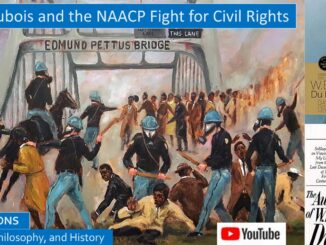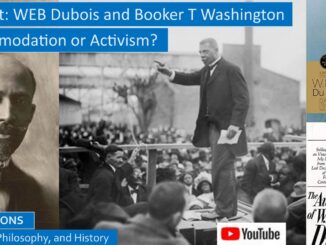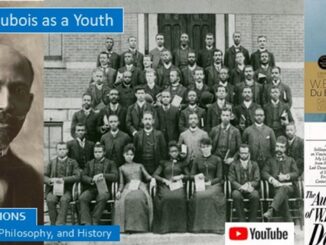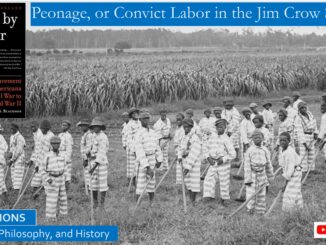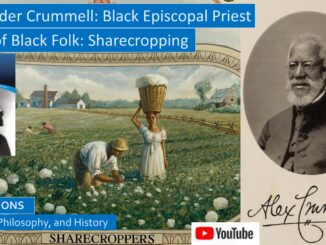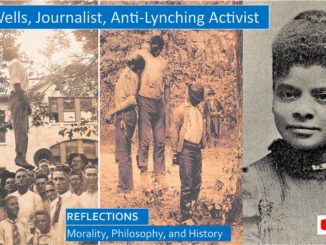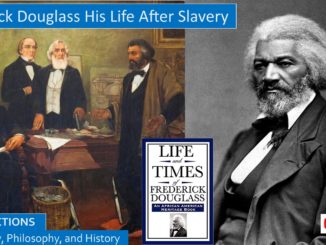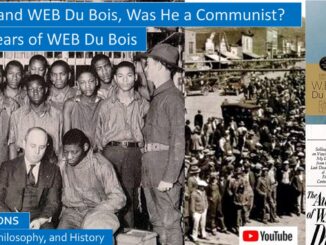
Was WEB Du Bois a Communist? The Later Years of WEB Du Bois
Was WEB Du Bois a communist? The answer is YES: When he turned 93, he joined and paid his dues to the CPUSA, Communist Party. Most people are born in the first chapters of their autobiography; but no, WEB Du Bois, being ever the contrarian, chooses to extol the virtues of communism in the opening chapters. Personally, I am quite angry with him, why did he do that? It is political poison for a black leader to announce he is a communist, and now I must explain it. We will reflect on his growing embrace of communism over the course of his life. […]

